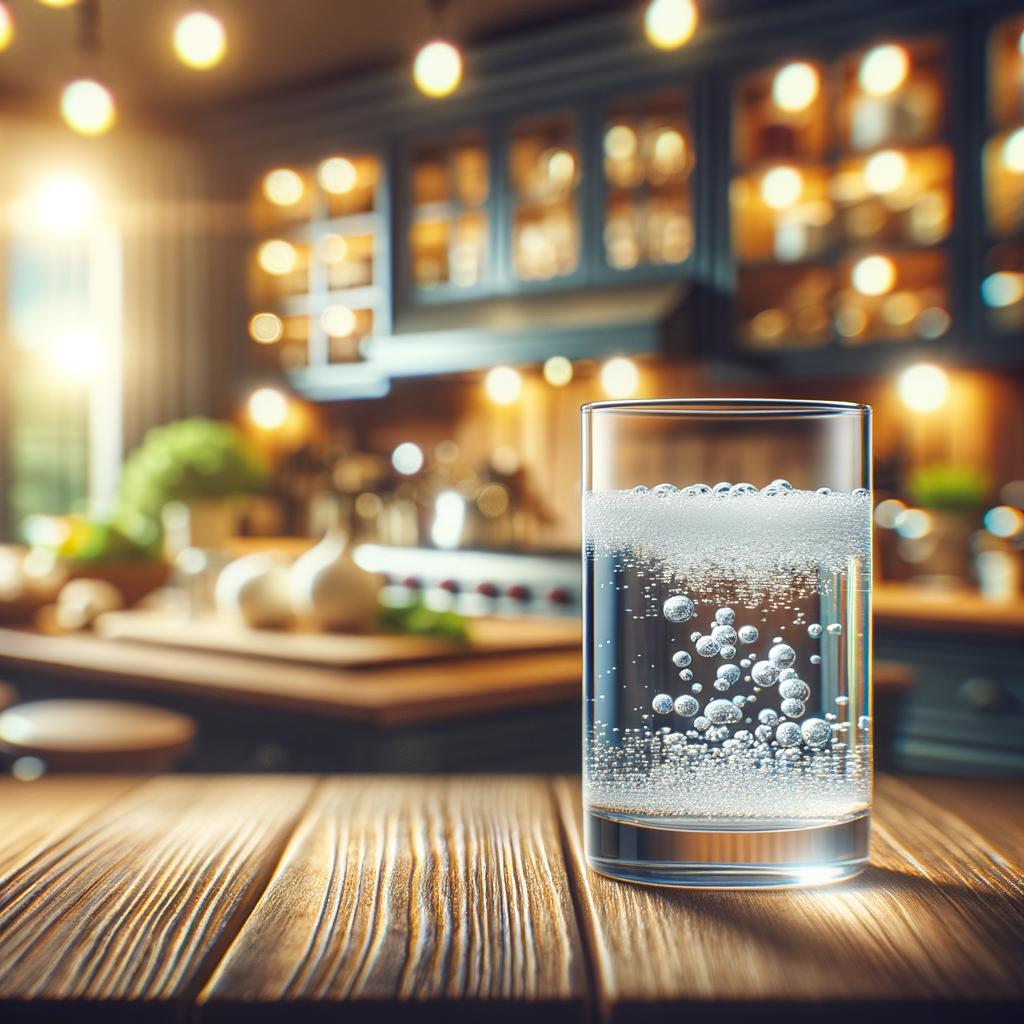Lye Water

Description Lye water, also known as potassium carbonate, is a potent, alkaline solution that plays a pivotal role in the culinary arts. It is a clear liquid, often stored in small bottles, and carries a strong, bitter taste. While it may not sound enticing, its true magic lies not in its individual profile, but in the transformative effect it has on foods. Lye water is unique, setting it apart from similar ingredients. It's the secret behind the glossy sheen on pretzels and the springy texture of Asian noodles.
Primary Uses In the realm of cooking, lye water is a veritable wizard. It's used to alter the texture of food, giving it a distinct chewiness that's hard to achieve otherwise. This is why it's a key component in making ramen noodles, Chinese mooncakes, and Filipino kutsinta. Lye water is also used to give pretzels their characteristic brown sheen and flavor. Beyond the culinary world, lye water has been used in soap making due to its alkaline properties.
History The use of lye water in food preparation dates back centuries. It was first used by the Chinese in noodle-making, the process discovered serendipitously when wood ash, rich in potassium carbonate, mixed with water used for boiling noodles, resulting in a delightful, springy texture. This happy accident transformed noodle-making across Asia. Similarly, the story goes that pretzels gained their glossy sheen when a baker accidentally dropped them into a lye solution. Over time, the use of lye water has spread globally, its unique properties lending authenticity to various ethnic cuisines.
Nutritional Information While lye water itself does not contain nutrients, it plays a crucial role in enhancing the nutritional profile of foods. For instance, it increases the pH of the food, making it more alkaline, which can aid digestion. However, it's important to note that lye water should be used sparingly due to its strong alkalinity. When used correctly, it poses no health risks and can be part of a balanced diet. Compared to similar agents like baking soda, lye water has a stronger effect, resulting in more pronounced texture and flavor changes.
In the grand tapestry of culinary history, lye water is a thread that weaves its way subtly through various cuisines, transforming them in small yet significant ways. It's a testament to the ingenuity of our culinary forebears, who harnessed its power to create dishes that continue to delight our palates today.

